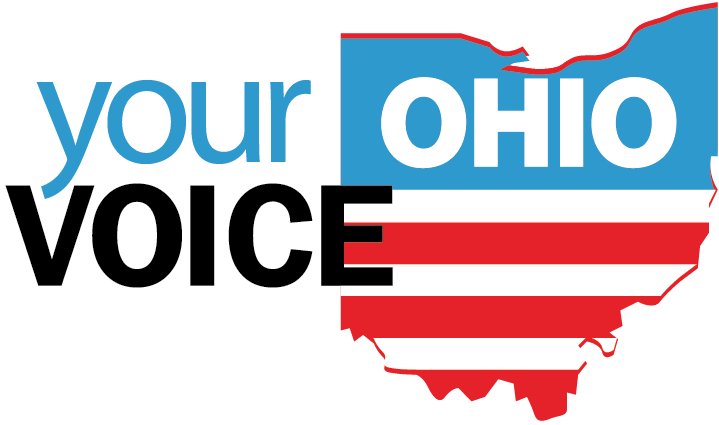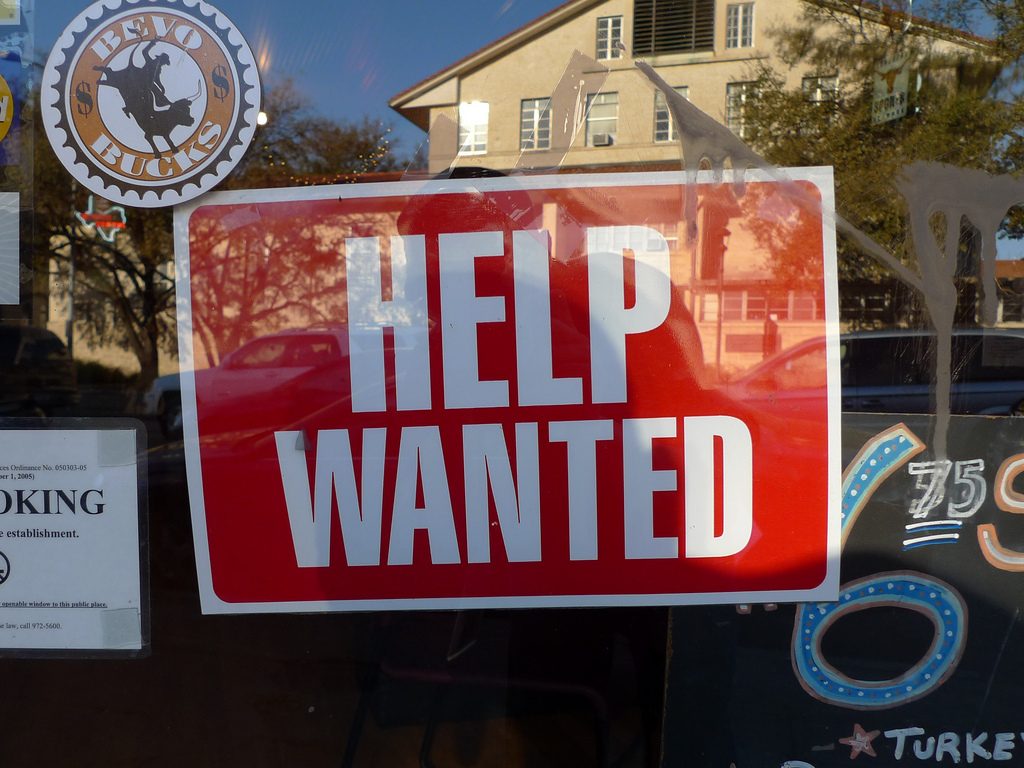When we asked people throughout the state what they saw as possible solutions to the addiction crisis, many cited a need for secure employment. As we’ve begun asking Ohioans what it would take to make our communities more vibrant, once again, we’ve heard “jobs”
There’s progress on this front, as WKSU reported just over a week ago: the state gained 7,600 jobs in July, in the manufacturing, construction, education, health services, and leisure and hospitality industries, according to the Ohio Department of Job and Family Services. This statistic broke a streak of job growth that was below the national average for 5.5 years.
This should be good news for the state, but now, a different trend is emerging: even though new jobs are growing, the unemployment rate continues to increase. Why is this gap occurring, if so many Ohioans are in need of jobs?
One answer points to a workforce affected by the addiction crisis, and the challenges the crisis poses to employers, especially in the skilled labor industry.
The Search for Employees
While few people in Ohio have been left untouched by addiction, the crisis has especially disrupted the skilled labor and manufacturing industry. Even though these jobs often offer $60,000 to $70,000 a year salary, many employees can’t find enough people with the skills to fill these jobs, as Ken Taylor, president of Ohio’s main dealer of Caterpillar construction equipment, told Cleveland.com.
Part of the problem? Many potential and current employees are failing drug tests. Attorney General Mike DeWine tweeted last year, “We can’t talk about jobs without talking about the opioid crisis. Business leaders in every part of the state have told me they can’t hire enough people to work because almost 40 percent of applicants can’t pass a drug test,”
But because sober workers are difficult to find, a zero-tolerance drug policy is simply not an option for many employers, Jon Kozesky, executive director of the Tri-State Tooling & Manufacturing Association of Southwest Ohio, told Cincinnati.com. Manufacturing and construction still remain the backbone of many Ohio communities, and families have a shared history with these employers. Because their fates have become so intertwined, it’s clear why many companies are choosing to give people with substance use disorders a second chance. Here are just a few examples of organizations are taking new approaches facing this issue head-on:
Flying High is a nonprofit that helps people in recovery get back on their feet, through various job training programs. This is through a partnership with the Mahoning Valley Partnership for Employment, where people can participate in training programs for welding, machining, and nursing.
In Loudonville, a town facing a hirable employee shortage, community members want to see the issue averted before the job-seeking process even starts. One man took matters into his own hands: after hearing about multiple overdoses in the community and experiencing the death of a close friend from an overdose, John Stoops started the group Redbird Resilient to help the Loudonville-Perrysville school system implement a Drug Free Club Program, that will be offered to students for the first time this year starting in September.
In Richmond Indiana, the Belden electric wire factory is offering drug treatment, which is paid for by the company, to job applicants who fail a drug screening. If people complete the treatment, they are guaranteed a job at the factory. The pilot program was launched in February, and is believed to the be the first of its kind. According to NPR, the program serves as an acknowledgement of both “the severity of the drug problem, and the difficulty of finding qualified workers”.
A program like this could be the answer for many people struggling with a substance use disorder, because many might be able to pay out of pocket for treatment. If employers hope to more effectively address addiction issues among their existing workforce, the Canyon treatment center recommends:
- Providing a group health insurance plan that includes coverage for substance treatment or counseling.
- Give employees who use drugs the option to seek treatment without the fear of losing their jobs or other repercussions.
- span>Approach employees and offering help in a positive, non-confrontational way.
- Offering employees who are under stress healthy ways to manage emotional tension.
They also offer advice on how to identify employees who may need help.
Discussion
How have you seen addiction affecting your workspace or people you know? How are employers responding to the crisis? What should be the role of employers in helping people in recovery? Let us know your thoughts below!
To follow our new research and research of our local media partners, sign up for our weekly news roundup.





